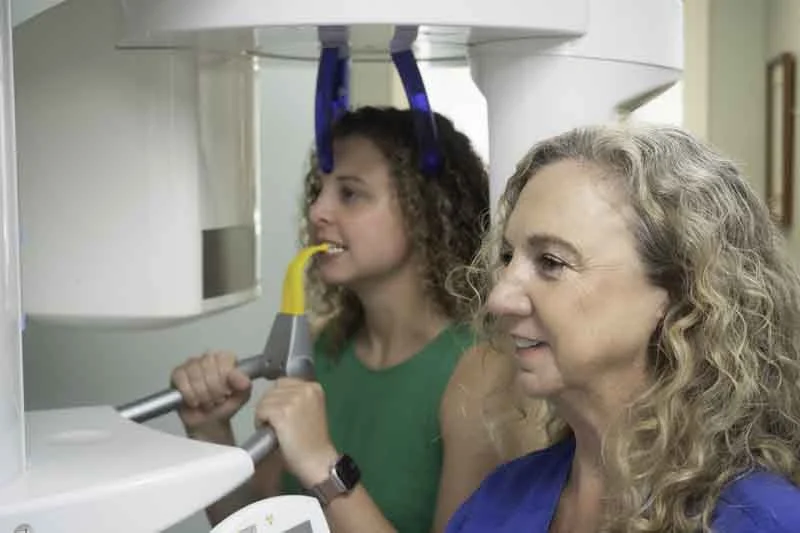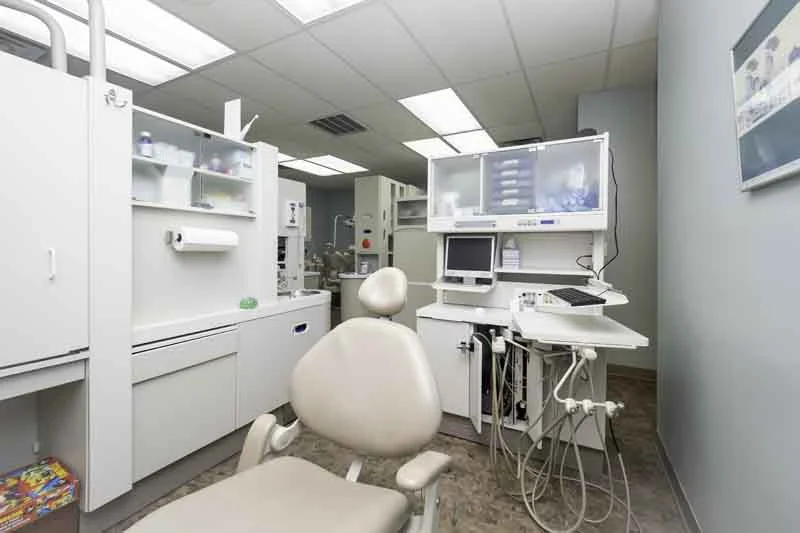Strong, healthy smiles start with prevention, and at Big River Dental, we’re here to help you stay ahead of problems before they start. Our preventive care services are designed to protect your teeth, support your overall health, and make routine visits as easy and effective as possible. Whether you’re scheduling a six-month cleaning or looking to protect your child’s smile during sports season, we’ve got you covered. We serve patients across Brandon, MS, and beyond, with comprehensive preventive services for healthy, lasting smiles!
With advanced imaging technology, a gentle approach, and a consistent doctor at every visit, our team offers the kind of reliable, personalized care your family can count on for the long run.
Routine Dental Cleanings and Exams

Fluoride/Varnish Treatment
For our patients prone to cavities or sensitivity, fluoride treatments provide an added layer of defense. These quick, painless applications help strengthen enamel and prevent tooth decay. We often recommend fluoride varnish for children, but many adults benefit from it as well, especially those with gum recession or a history of cavities.
Desensitizing Treatment
If hot coffee or cold drinks make you wince, we can help. After evaluating your symptoms and ruling out more serious concerns, Dr. Dickey may apply a specialized paste or gel that reduces sensitivity for months. We’ll also offer tips to help manage and prevent sensitivity between visits.
Athletic Mouth Guards
Sports-related dental injuries are more common than you might think, but they’re also highly preventable. Our custom athletic mouth guards are designed to protect your child’s teeth, jaw, and even help reduce the risk of concussion during impact sports. Compared to over-the-counter options, ours offer a more secure and comfortable fit.
Custom Night Guards for Bruxism

Start with Prevention for Lifelong Healthy Smiles
At Big River Dental, prevention is more than a checklist: it’s the foundation of personalized, long-term care. Whether you’re coming in for your regular visit or looking to get ahead of an issue, we’re here to make the process clear, comfortable, and consistent.
Schedule your next cleaning or exam today at our Brandon or Meadville office, and take a confident step toward lifelong oral health.
